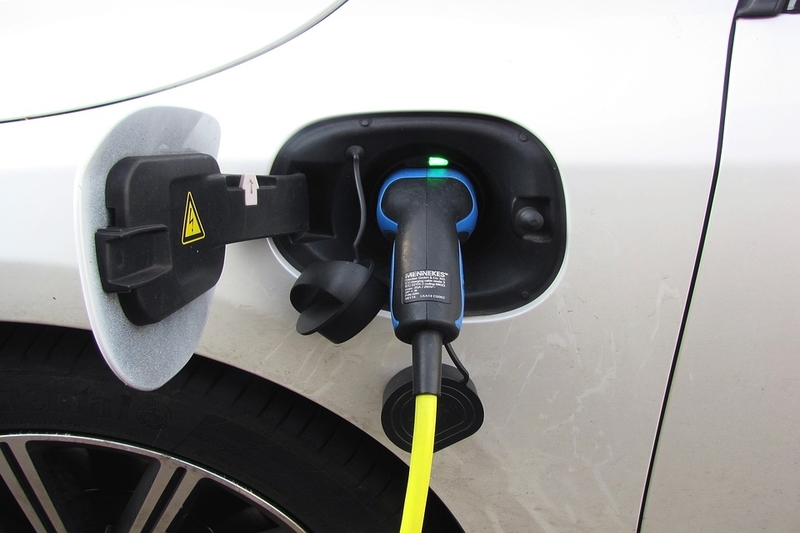
The Minister of Finance and Corporate Affairs and the Minister of State for Power and New and Renewable Energy have launched the induction of 15 electric vehicles (EVs) for government officers.
According to a press release, the Department of Economic Affairs (DEA), has signed an agreement with Energy Efficiency Services Limited (EESL). EESL is state-run and was developed under the Ministry of Power. The agreement includes the deployment of electric vehicles for their officers. Also, 28 charging points, 24 being slow slow-charging points (charging in 6 hours) and 4 being fast-charging points (charging in 90 minutes), have been installed to charge the electric vehicles.
The release said the Government is promoting e-mobility by leading by example and changing the fleet of cars used for official purposes with electric cars. It is also creating the right policy framework to enable this ecosystem and to support its adoption.
With the induction of these 15 vehicles being provided on a lease basis for a period of 5 years, the DEA is expected to save over 36,000 Litres of fuel every year.
The move is also anticipated to reduce over 440 tonnes of CO2 annually. These vehicles are automatic and fully air-conditioned with zero emission. The Government will also save in maintenance and operating costs, which is almost one fourth in comparison to an internal combustion engine, the release said.
This agreement marks the country’s transition toward a reduced carbon footprint and a more environmentally sustainable future. It is also a key milestone in India’s e-mobility goal to have 30% of vehicles in the country as electric by 2030. Several stakeholders have already implemented initiatives to support electric mobility and more are expected to join the effort.
In 2018, Ministry of Power launched the National E-Mobility programme. Under the programme, electric cars are to replace the government’s fleet of petrol and diesel-powered vehicles. It aims to build a robust e-mobility ecosystem that includes electric vehicle manufacturers, charging infrastructure development companies, fleet operators, and service providers.
The Department of Expenditure has also issued an office memorandum for all the government offices in Delhi to switch over to electric vehicles. The adoption of electric vehicles will reduce India’s dependence on oil imports and promote power capacity.
Additionally, it is expected to reduce GHG (greenhouse gas) emissions from the transport sector and also positively impact the pollution level in the cities.
E-mobility is an attractive, sustainable and profitable solution to mitigate the adverse impacts of climate change and the threats to public health caused by vehicular emission, the release stated. Electric vehicles have the potential to support India’s growth by enhancing manufacturing, job creation, and technical capabilities.
To enable India’s e-mobility vision, EESL first plans to replace the Government’s 500,000 conventional internal combustion engine (ICE) cars with electric variants. Charging infrastructures have been established in all states where electric vehicles are deployed.
















